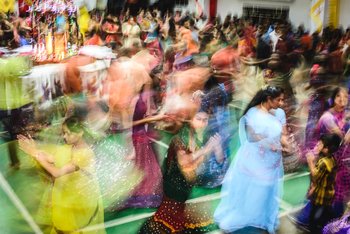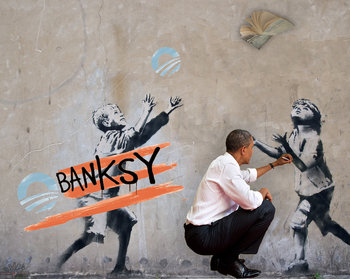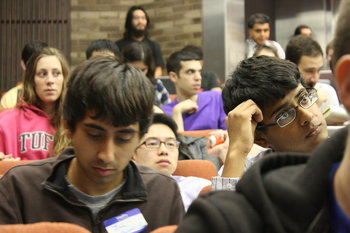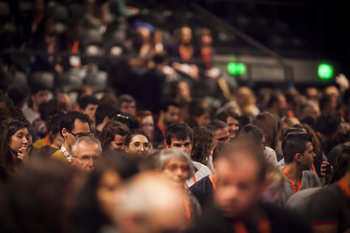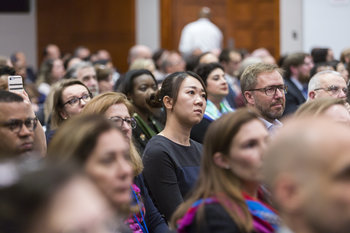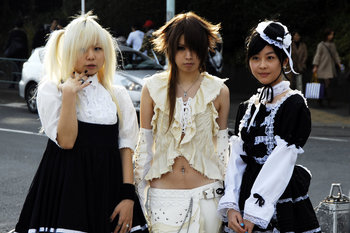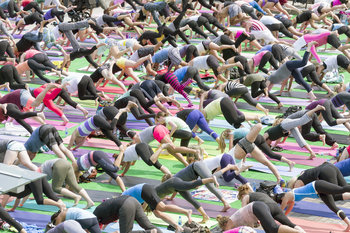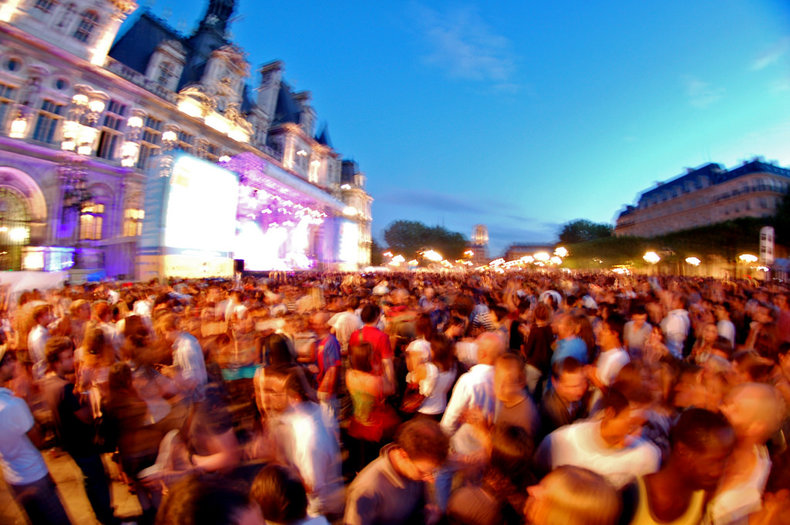
Mass Society
A society where the elite and masses greatly influence each other such that social and cultural change are unconstrained. As this occurs across large groups, other influences such as systems, traditional culture, institutions and individuals may have little power.Mass Media
Communication media that reach large audiences. This was historically broadcast media whereby a small elite that own things such as television stations and newspapers can reach large audiences. Internet media is also mass media whereby anyone can reach large audiences. The growth of internet media could be described as democratization of media that has had a large influence on society as ideas from anywhere are able to reach mass audiences.Commoditization of Experience
A capitalist global economy whereby producers compete to meet every need of the consumer. This results in a large number of commodities that are essentially substitutes for elements of the human experience. For example, a television show that provides social stimulation as a substitute for socializing.Pop Culture
Culture that is mass produced or media that reaches mass audiences. This term is applied to culture products such as food, music, literature and film. Mass culture is a broader term that applies to things such as norms, stories and concepts that aren't necessarily products.High Culture
High culture is culture that is accepted by high status institutions. This is essentially mass culture for people who view themselves as a cultural elite.Superculture
Superculture is culture that can span many nations and traditional cultures. For example, a sport that is played by people on a global basis regardless of nationality, ethnicity or religion.Global Culture
Global culture is the idea that mass culture now exists at a global level. For example, an interesting new concept that spreads to every nation.| Overview: Mass Culture | ||
Type | ||
Definition | Norms, shared meaning and experiences that span very large groups. | |
Related Concepts | ||






